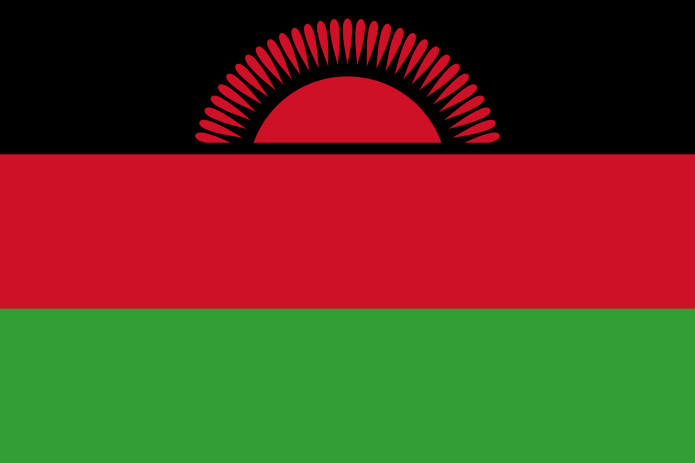Help the people in Malawi
We are searching for funds to set up the education for more than 700 people in Malawi and give work to more than 700 people and their familys. We setup schools, build medical center and enhance the local infrastructure. When we succeed, we participate directly from the biogas plant profit.
Malawi is a country facing numerous challenges including poverty, food shortages and lack of secure energy. A sustainable energy supply can change the lives of many people in Malawi and contribute to the country’s economic development.
A project of Bluehills Capital Project Ltd.
Project Malawi is a project from South African Bluehills Capital Project Ltd. Our common goal is to build a biogas plant in Malawi that provides clean energy and creates jobs. There is already a signed contract with Bluehills Capital.
See the announcement of the World biogas association: https://tinyurl.com/mpwdnu84
Cooperation with the government in Malawi
There is an agreement to purchase the generated energy and a very clear statement from the government for the project. This statement applies to both the required land and facilitations for the project company. And we have a bank that has already promised 100% financing.
Technical data of the biogas plant
The planned biogas plant will produce 24,800 Nm³ of biogas per hour, with a total capacity of 56 MW. Annual net output is 438,000 MW, enough to provide clean energy to thousands of people. This will help reduce dependence on fossil fuels (which is used instead of the instable hydropower plant) and promote a sustainable energy supply.
Your support is crucial.
With your help we can support the project decisively and set up the infrastructure, setup accommodations and educate people to work in the biogas plant in Malawi. With your help we build schools and install a medical infrastructure. As a supporter, you have the opportunity to be a part of this significant change in Malawi. Join us and be part of Project Malawi – an initiative to bring sustainable energy to the people of Malawi and beyond. We are creating more than 700 permanent and secure jobs, numerous new shelters and at least two new schools.
About our project
Malawi is a country facing numerous challenges, including poverty, food scarcity, low education, bad medical suppliesand a lack of access to clean energy. We will explore how the construction of a biogas plant in Malawi can help address some of these issues.
Biogas is a renewable energy source that is created by breaking down organic matter through a process called anaerobic digestion. This process produces a gas that can be used for electricity and heat production.
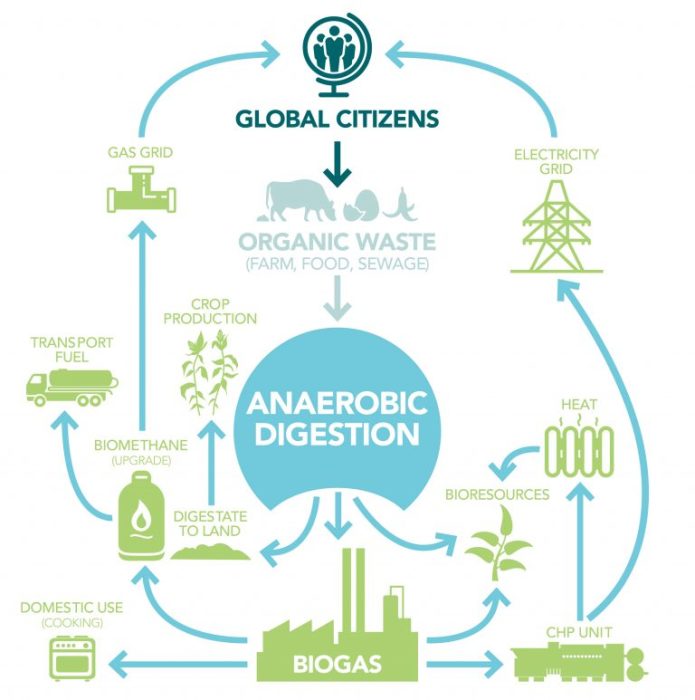
The construction of a biogas plant in Malawi has the potential to provide a significant contribution to the country’s energy supply and economic development. The proposed plant will produce 24,800 Nm³/h of biogas per hour and a net power production of 50 MW.
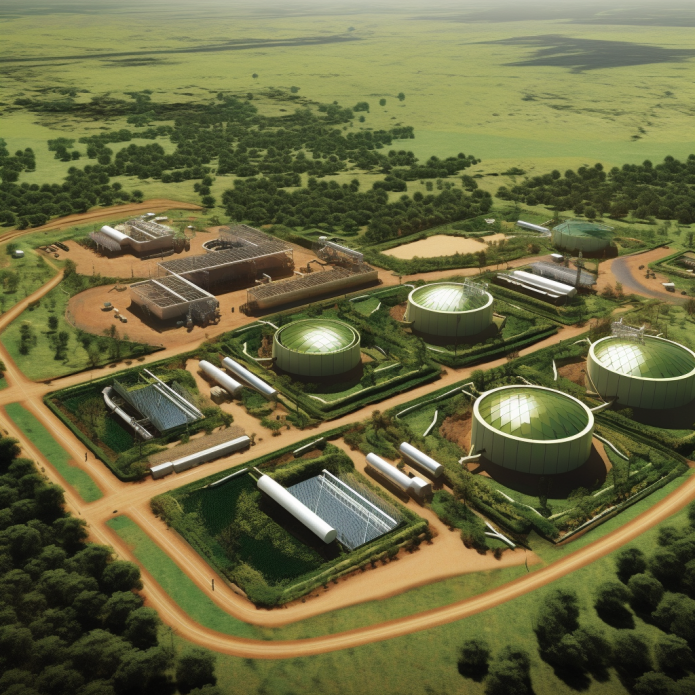
The biogas plant and infrastructure require a total investment of $251 million, with 100% of the funding coming from a South African bank.
The construction of the biogas plant in Malawi will have a positive impact on the environment. By reducing the country’s dependence on fossil fuels, the plant will help to reduce greenhouse gas emissions and improve air quality.
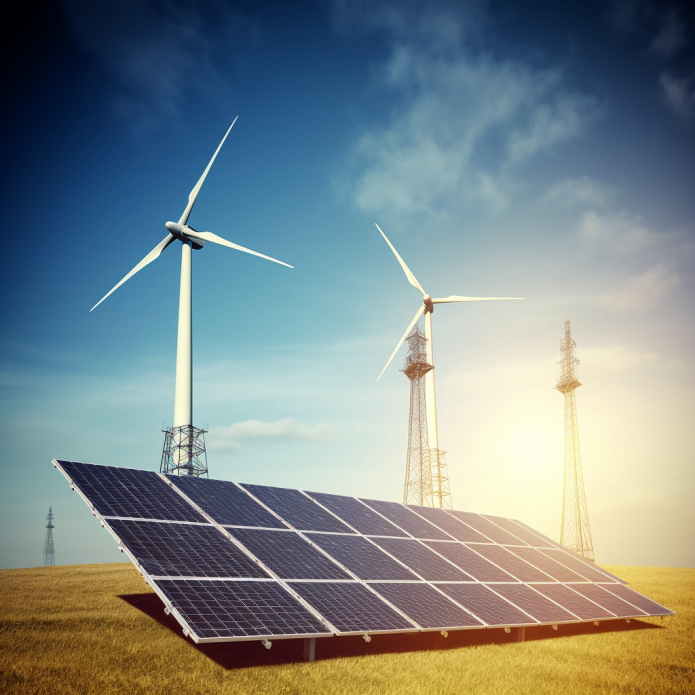
In addition to the environmental benefits, the construction of the biogas plant will also have a positive impact on the country’s economy.
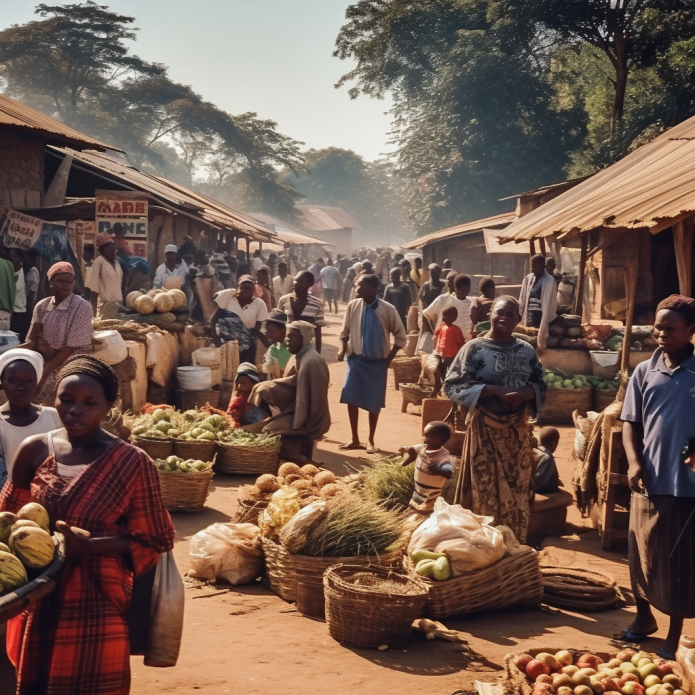
The plant will create jobs, will give higher education and schools. It will provide a stable source of electricity, which will help to support local businesses and improve living standards.
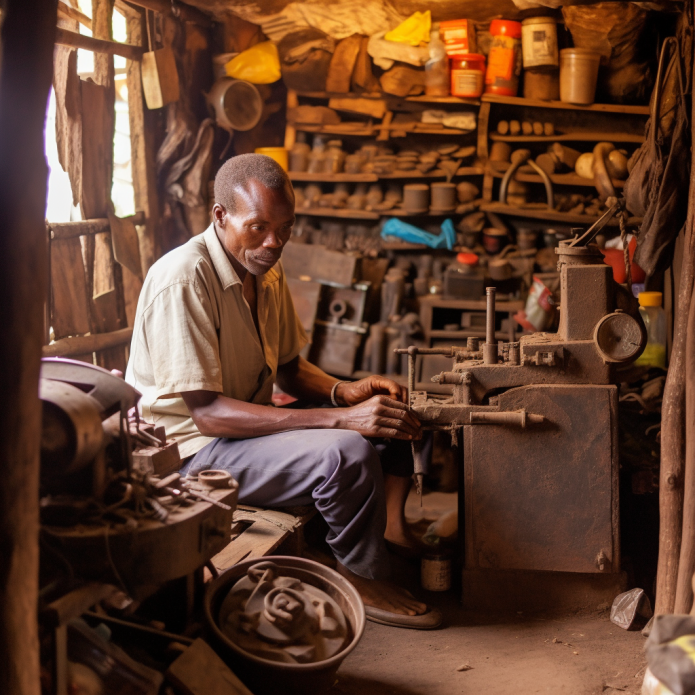
The success of the biogas plant in Malawi has already generated interest from other African countries, such as Uganda. There are also plans to expand the plant’s capacity with the construction of additional 5 MW and 11 MW plants. This project is just the beginning of what could be a transformative energy solution for the entire continent
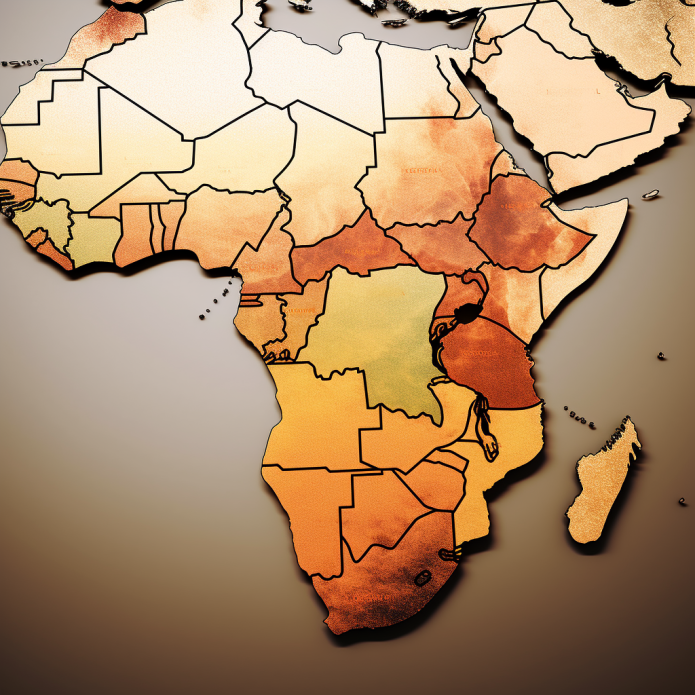
The construction of a biogas plant in Malawi is a crucial step towards reducing the country’s dependence on fossil fuels and building a more sustainable future. By generating clean energy and providing economic opportunities, the plant has the potential to transform the lives of countless Malawians.
